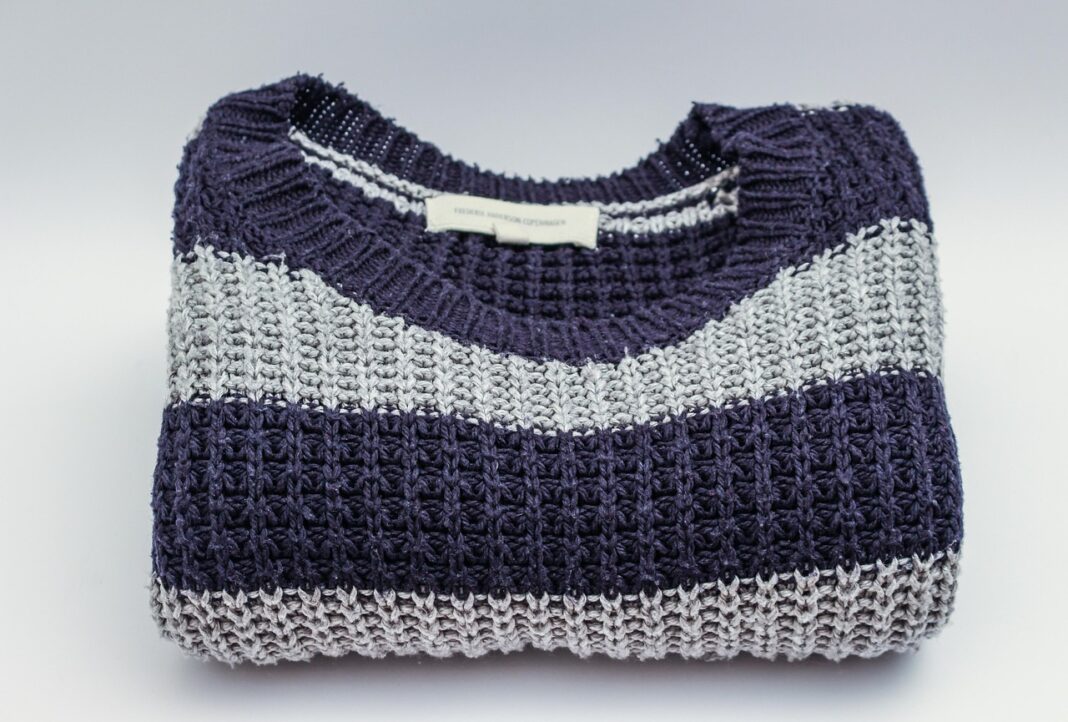Let’s be honest – cheap stuff is awesome. As long as it tastes/looks good, the lower the prices, the more our faces light up. In today’s world, companies like Shein and Temu are profiting off of this mindset insanely – but what’s the catch? Sure the quality may not be amazing, but we can’t spend practically nothing to get an item we desire?
This is called “Fast Fashion”
Fast Fashion is this concept that is infecting many large transnational clothing companies all around the world, such as H&M, Zara, Shein, and Joe Fresh. It’s basically when these companies undergo mass production of items and materials to get as much as they can into the market. However, they also spend extremely low amounts to start this mass production process as well. “Fast Fashion” relates to this other concept called “Free Trade”, which is when there is little to no government intervention in the marketplace, and companies (both big and small) fend for themselves. Because there is little to no government intervention, bigger, transnational companies are given a much larger advantage when compared to smaller domestic companies – leading everyone to go to extremely low lengths to ensure competitiveness. What I mean by this, is that in order to be the most competitive in the market, you must produce the most, gain the most profit out of it, and spend the least to make the product in the first place. To expand on this, large companies even resort to unethical methods to gain this much valued dominance and competitiveness in the market.
What are these unethical methods?
One main example of this is sweatshops. A sweatshop, in simple terms, is a place where laborers are paid extremely low amounts and have to work in horrible working conditions. These sweatshops are very common in developing countries across the world, and they are one of the main drivers of “fast fashion”. Basically, large companies pay factories in developing countries extremely low amounts and force workers into atrocious working conditions to make large quantities of products. This practice is especially common in the fashion industry. These workers in developing countries work in such horrible conditions, that for example in Bangladesh, an 8 story textile factory collapsed – killing more than 1000 trapped inside. Overall, these sweatshops are very bad, yet they are the driving forces in the fashion industry – that leads consumers like us to make decisions regarding the ethics of what we are spending money on.
Another example of an unethical method is child labor. In developing countries, child labor is extremely common – and even though it’s so horrible to think about, it’s desperately necessary. Ok I know I sound like a villain saying this, but child labor in developing countries is necessary for families to survive and thrive (to some extent). Basically, wages are so low in developing countries, that parents need their kids to go to work too instead of school. A study was conducted in Bangladesh where textile factories banned employing children, and it found out that the majority of these children did not go back to school, and instead resorted to even worse forms of employment – often earning even lower wages that earned in the factories, and even resorting to illegal practices such as prostitution.
In addition to the clothing factory, children are also forced to work in mines to get cobalt – which is majorly used in everyday electronic devices.
Overall, child labor pushes the fashion industry greatly, and although it is extremely bad, it also leads to some sort of stable salary for the children and their families.
Environmental concerns:
Along with the countless ethical concerns that arise in regards to fast fashion, there are many environmental issues that arise too. As a result of mass production, many harmful fumes such as CO2 and greenhouse gases are being released into the atmosphere. This leads to air pollution, tarnishing the atmosphere. As explained above, mass production is a result of the requirements for fast fashion to occur. This mass production leads to a reduction in quality, which ultimately makes consumers throw away their products after 1 or 2 uses. These thrown out products often land up in landfills, oceans, and in other developing countries (such as Ghana). Overall, fast fashion not only raises ethical concerns – but is also harmful to the environment at the same time.
So what do we do?
Ok so now that we know this information, it is our job to make a difference. Of course we still love clothes at H&M, but we should also take the chance once in a while and support ethical brands (even if we are not madly in love with the clothes). We should also make an effort to buy less clothes, even resorting to thrift shops once in a while too. As a matter of fact, sustainable brands and thrift shops can often be trendy too! To conclude, fast fashion is very prominent in our world and it doesn’t look like it will go away any time soon, and it is important for us to acknowledge the fact of where our clothes come from and to what extent it is reasonable to both the makers and the environment too!
Sources:
https://www.bbc.com/news/articles/cd6ye3e8x9po
https://www.bbc.com/news/articles/c4glzzdd88lo

